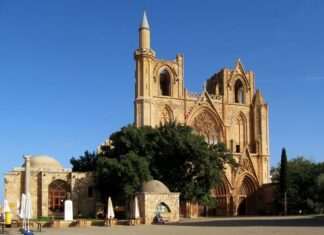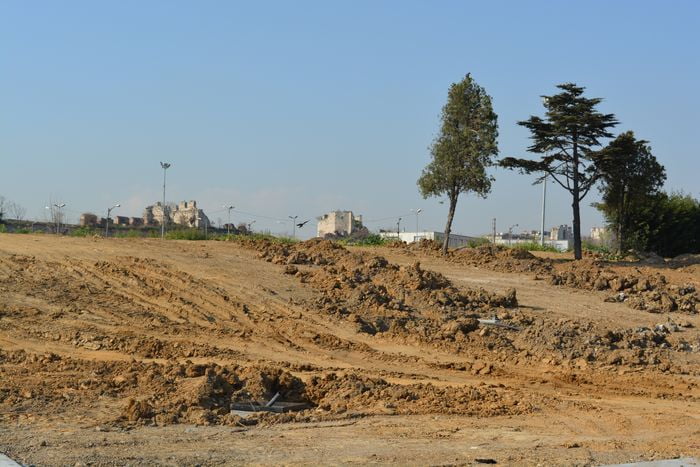For this embassy they made choice of Count Hugh of Saint-Paul and Geoffry the Marshal of Champagne, and these rode till they came to Pavia in Lombardy. There they found Count Louis with a great many knights and men of note and worth; and by encouragements and prayers prevailed on many to proceed to Venice who would otherwise have fared from other ports, and by other ways.
Nevertheless from Placentia many men of note proceeded by other ways to Apulia. Among them were Villain of Neuilly, who was one of the best knights in the world, Henry of Arzilliéres, Renaud of Dampierre, Henry of Longchamp, and Giles of Trasegnies, liegeman to Count Baldwin of Flanders and Hainault, who had given him, out of his own purse, five hundred livres to accompany him on this journey. With these went a great company of knights and sergeants, whose names are not recorded.
Thus was the host of those who went by Venice greatly weakened; and much evil befell them therefrom, as you shall shortly hear.
The Pilgrims Lack Money Wherewith to Pay the Venetians
Thus did Count Louis and the other barons wend their way to Venice; and they were there received with feasting and joyfully, and took lodging in the Island of St. Nicholas with those who had come before. Goodly was the host, and right worthy were the men. Never did man see goodlier or worthier. And the Venetians held a market, rich and abundant, of all things needful for horses and men. And the fleet they had got ready was so goodly and fine that never did Christian man see one goodlier or finer; as well galleys as transports, and sufficient for at least three times as many men as were in the host.
Ah ! the grievous harm and loss when those who should have come thither sailed instead from other ports! Right well if they had kept their tryst, would Christendom have been exalted, and the land of the Turks abased! The Venetians had fulfilled all their undertakings, and above measure, and they now summoned the barons and counts to fulfil theirs and make payment, since they were ready to start.
The cost of each man’s passage was now levied throughout the host; and there were people enough who said they could not pay for their passage, and the barons took from them such moneys as they had. So each man paid what he could. When the barons had thus claimed the cost of the passages, and when the payments had been collected, the moneys came to less than the sum due-yea, by more than one half.
Read More about Memoirs or Chronicle of the Fourth Crusade part 50








